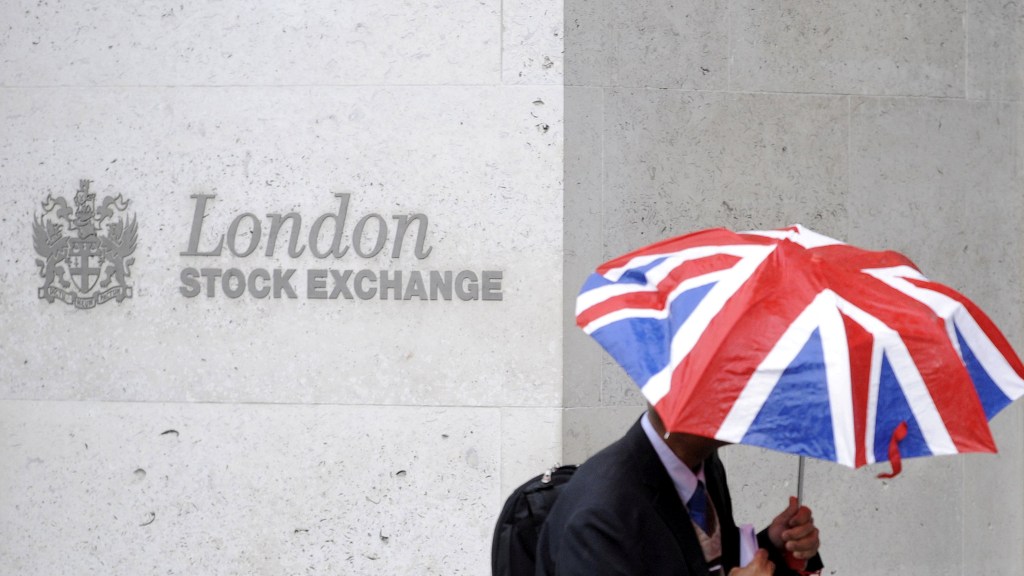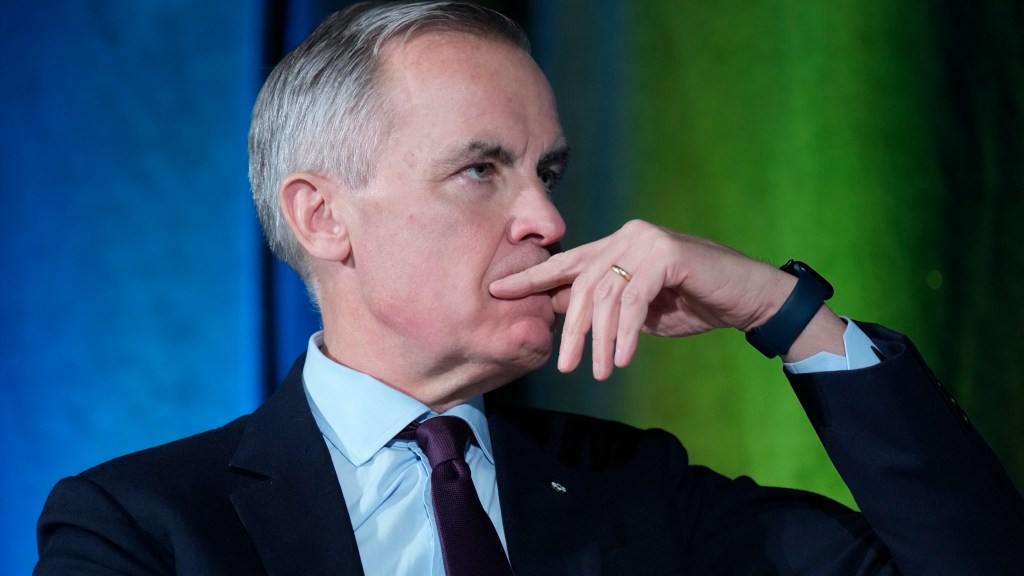UK Equity Markets Decline Amid Labour’s Economic Concerns
The recent assessment from the government describing the UK economy as “rather pessimistic” following Labour’s victory in the general election has led to a downturn in UK equity markets, new data indicates.
According to Calastone, a global fund network, UK-focused funds experienced net withdrawals of £666 million in September, while all other geographic fund sectors enjoyed inflows.
This trend resulted in an overall net withdrawal of £564 million from fund holdings globally, thereby breaking a streak of ten months marked by substantial inflows.
Equity income funds, which heavily invest in UK equities, saw a decrease of £416 million. Calastone’s analysis shows that UK-focused equity funds have not recorded any positive net inflows since 2021.
Both Rachel Reeves, the chancellor, and Sir Keir Starmer have faced criticism from some sectors of the City for portraying a bleak outlook on the UK’s economic and financial landscape since their administration began in July.
Reeves remarked that the new government has inherited the most severe economic environment since World War II, highlighting a £22 billion “black hole” in public finances.
Edward Glyn, head of global markets at Calastone, stated, “The new government’s rather pessimistic commentary on the UK economy seems to have halted the initial upturn in investor interest in domestic equities that we identified in trading data back in July. For now, UK-focused funds appear to be off the menu for investors.”
Investor sentiment towards UK stocks appears increasingly negative, corroborated by a consumer confidence index that plunged to its lowest point since January, alongside a significant decrease in optimism among manufacturers since the pandemic began.
Moreover, Calastone reported that since August, it has recorded the largest outflows from fixed income funds in ten years, excluding the flash crash triggered by the pandemic in April 2020. This shift is largely attributed to growing expectations for interest rate cuts from central banks.
These funds saw a total of £1.3 billion in net outflows, primarily redirected toward safe haven assets, as noted by Calastone.
Last month, the US Federal Reserve reduced borrowing costs by 50 basis points and is anticipated to pursue further monetary easing, a trend expected to be mirrored by the European Central Bank. The Bank of England is also projected to lower the UK base rate by 25 basis points later this year in November.
Reeves is set to propose tax increases in her inaugural budget on October 30, while balancing this fiscal tightening with increased public investment spending.




Post Comment